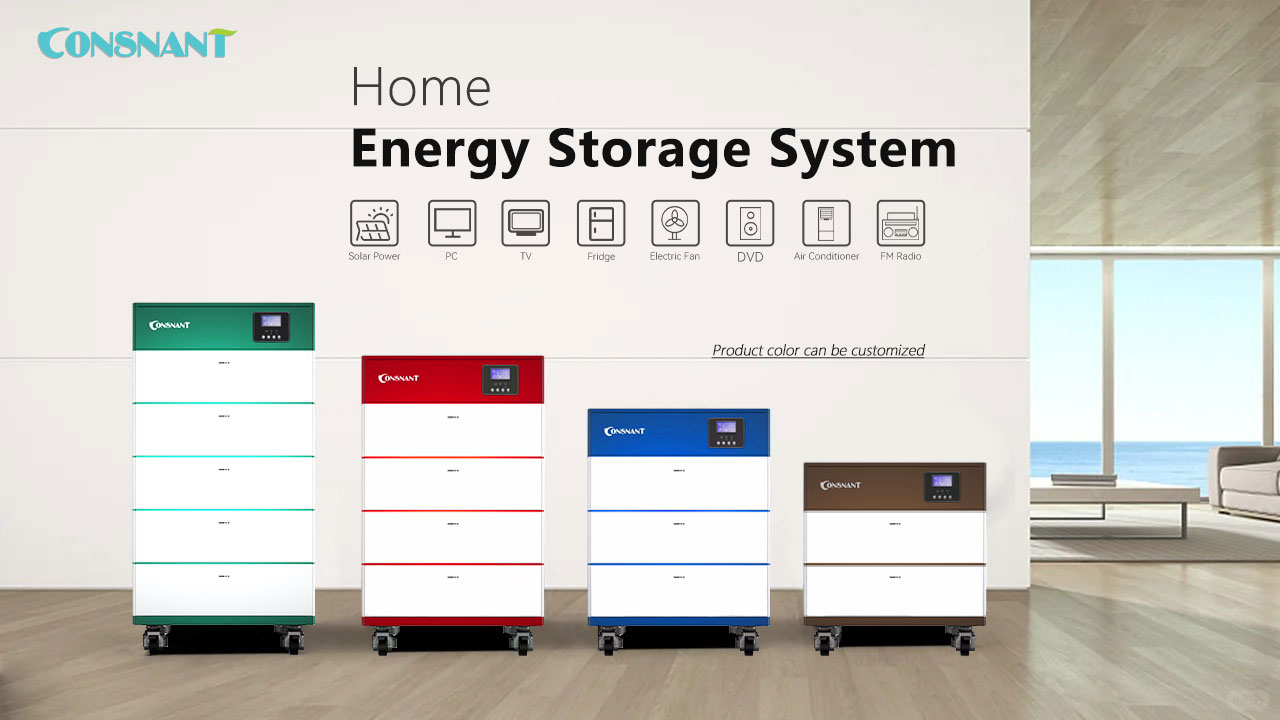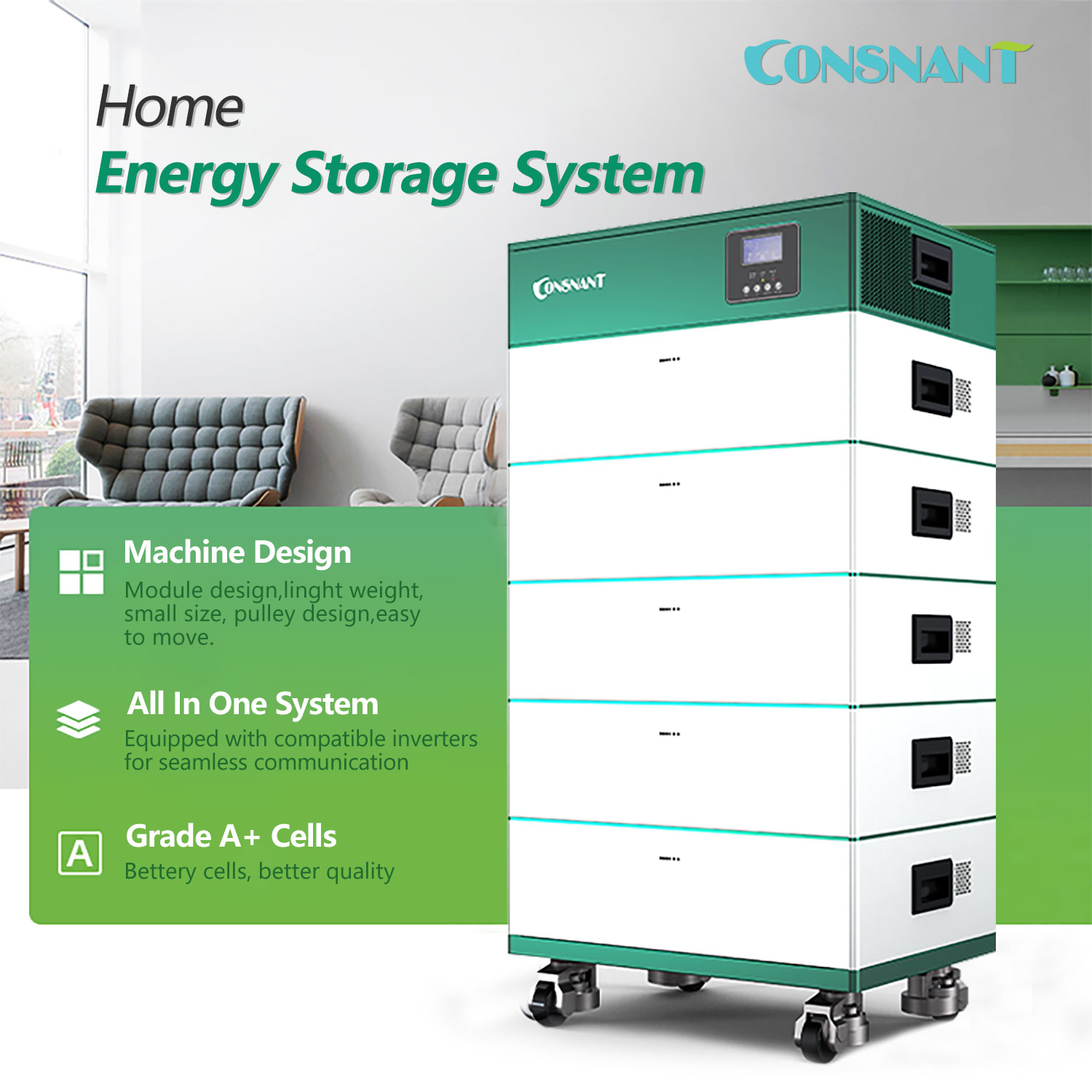Home energy storage system creating a new green and intelligent energy ecosystem
With rising energy costs and enhanced environmental awareness, more and more families are beginning to pay attention to self-power supply solutions. We deeply analyze a set of innovative home energy storage system to show you how to achieve electricity freedom and sustainable development through technological innovation.

♦ Core function analysis
Smart energy hub
- Home ESS SmartCube Series 5-25kW flexible capacity design, covering daily electricity consumption to whole-house power supply needs
- Photovoltaic/mains/backup power supply intelligent switching, 0.02 seconds uninterrupted power supply guarantee
- Adaptive learning system, automatically optimizes energy storage strategy according to household electricity consumption curve
Three-dimensional safety architecture
- Grade A LFP battery
- Built-in BMS: Safeguard for battery, easy to maintance
- Intelligent user interface, internal plug and play, barrier-free operation
- Chassis with pulley, easy to move

Scenario-based power consumption solutions
a. Basic type: 5-10kWh (meet daily household appliances + basic emergency)
Basic guarantee: maintain the operation of core equipment such as refrigerators and security
b. Advanced type: 10-20kWh (support whole-house appliances + new energy vehicle charging)
Whole-house power supply: support simultaneous charging of household appliance clusters and new energy vehicles
c. Professional type: 20kWh+ (realize complete off-grid + energy trading)
Off-grid mode: build an independent microgrid to achieve energy independence
♦ Technical innovation highlights
Long-lasting durability
- Preferred lithium iron phosphate battery cells, with a cycle life of more than 6,000 times
- More than 96% energy conversion efficiency, reducing energy loss
- Modular design supports three machines in parallel, with a maximum capacity expansion of 75kWh
Smart IoT experience
- Real-time monitoring of energy flow and equipment status on mobile terminals
- Supports remote system upgrades and personalized parameter settings
♦ Actual application value
Economic improvement
- A user case: achieve negative annual electricity bill expenditure with a photovoltaic system
- The average daily income of the peak-valley electricity price arbitrage model can reach 0.5% of the system cost
Emergency guarantee
- Maintain basic electricity consumption for 5-7 days in extreme weather
- Output current fluctuation rate <1%, meeting the needs of medical equipment
Green ecology
- Electric vehicle bidirectional charging and discharging technology expands the energy storage dimension
- Participating in grid peak regulation can obtain additional income subsidies
⇒ Choosing a home lithium battery system is not only choosing a device, but also choosing a position to participate in the energy revolution. When the photovoltaic panels on the roof, the energy storage cabinets in the corners and the electric cars in the garage form a smart microgrid, every family becomes a builder of a sustainable future.
